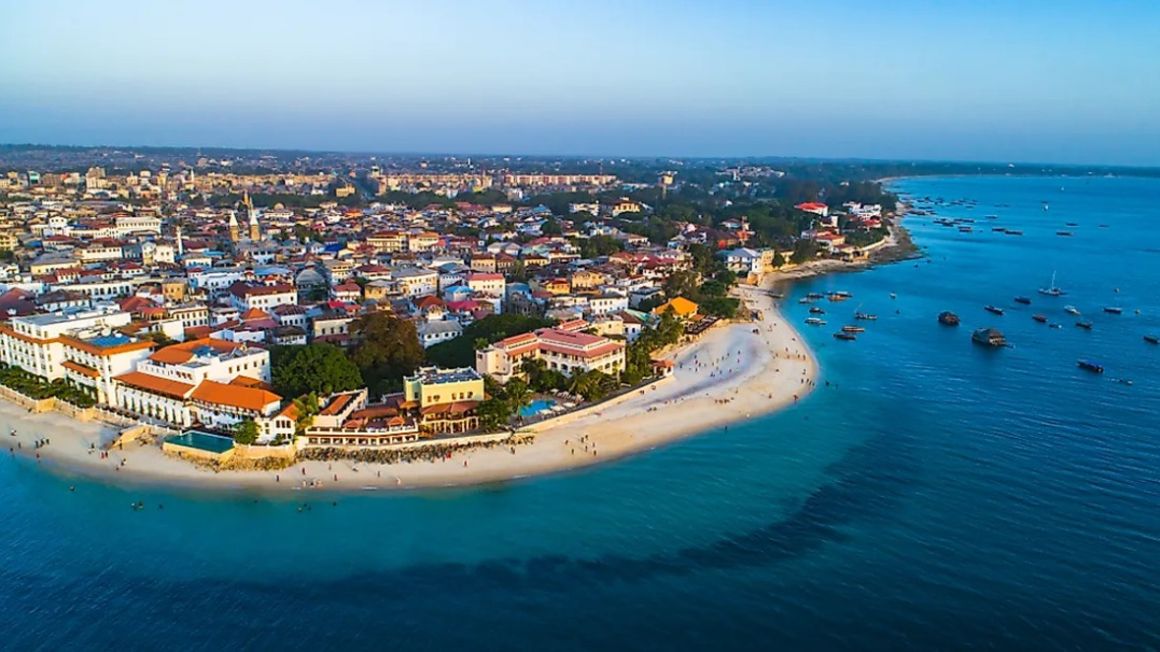
Dar es Salaam. Members of the Tanzania private sector have welcomed the
development of the East African Community (EAC) e-commerce strategy but demanded assurance of some issues that will make the policy implementation even better.Some of the issues include single currency and assurance of cargo security for both buyers and suppliers. The regional e-commerce strategy is an initiative of the EAC sectoral Council of Trade, Investment, Finance and Industry (SCTIFI) which would be established this year, following its directive in 2019.
Those who attended a consultative meeting on Friday stressed that transportation cost, infrastructure and value for money should be considered for them to operate profitably.
Online business woman Angela Mwasha told The Citizen that the development of a regional e-commerce initiative was a great development for the region because it would increase trust in digital trade within the EAC bloc.
“If what we have proposed will be well received and implemented by our fellow EAC governments, it will contribute to social and economic growth. We are very anxious for the EAC e-commerce to start because it will be cost effective and it will reduce time for buyers and suppliers like us,” Ms Mwasha noted.
According to her, before she switched into online business, she used to spend a lot of time traveling to Uganda to import and export products.
The strategy also aims to strengthen cross-sectoral and public-private collaboration in developing regional approaches to cross-border e-commerce.
CRDB Bank’s business card head Farid Seif said his bank was happy with the development of regional e-commerce because it would boost money transactions between banks in EAC and reduce risks of fraud.
“As a bank, our work is to come up with payment infrastructure that ensures customers conduct transactions without any challenges,” he said.
Ministry of Investment, Industry and Trade’s business officer David George said that there were a lot of dynamics taking place around the globe.
“Regional e-commerce will contribute to enhancing capacities for growth, improve legal and regulatory frameworks and increase trust in digital trade,” he said.
He said e-commerce has increased to $26.7 trillion business and contributed 30 percent of GDP globally.
Ministry of Foreign Affairs, East Africa, Regional and International, principal economist Peter Elias said before the implementation of regional e-commerce, the government is working hard to ensure infrastructure is improved especially on how payment systems will be conducted.
“We still do not have EAC currency, we will ensure there is a better system to help collect tax and endure the agreement that exists in EAC should not be affected by any member of the bloc,” he said.
According to EAC e-commerce draft 2021, EAC recognises the potential of ICT through a dynamic and functioning digital economy in contributing to socio-economic growth in the region.
In global regions where e-commerce is more advanced than the EAC region, it has been noted to contribute to socio-economic development. Specifically, e-commerce has been noted to contribute to reduction of rural-urban developmental disparities, and greater inclusiveness in terms of demographics

No comments:
Post a Comment